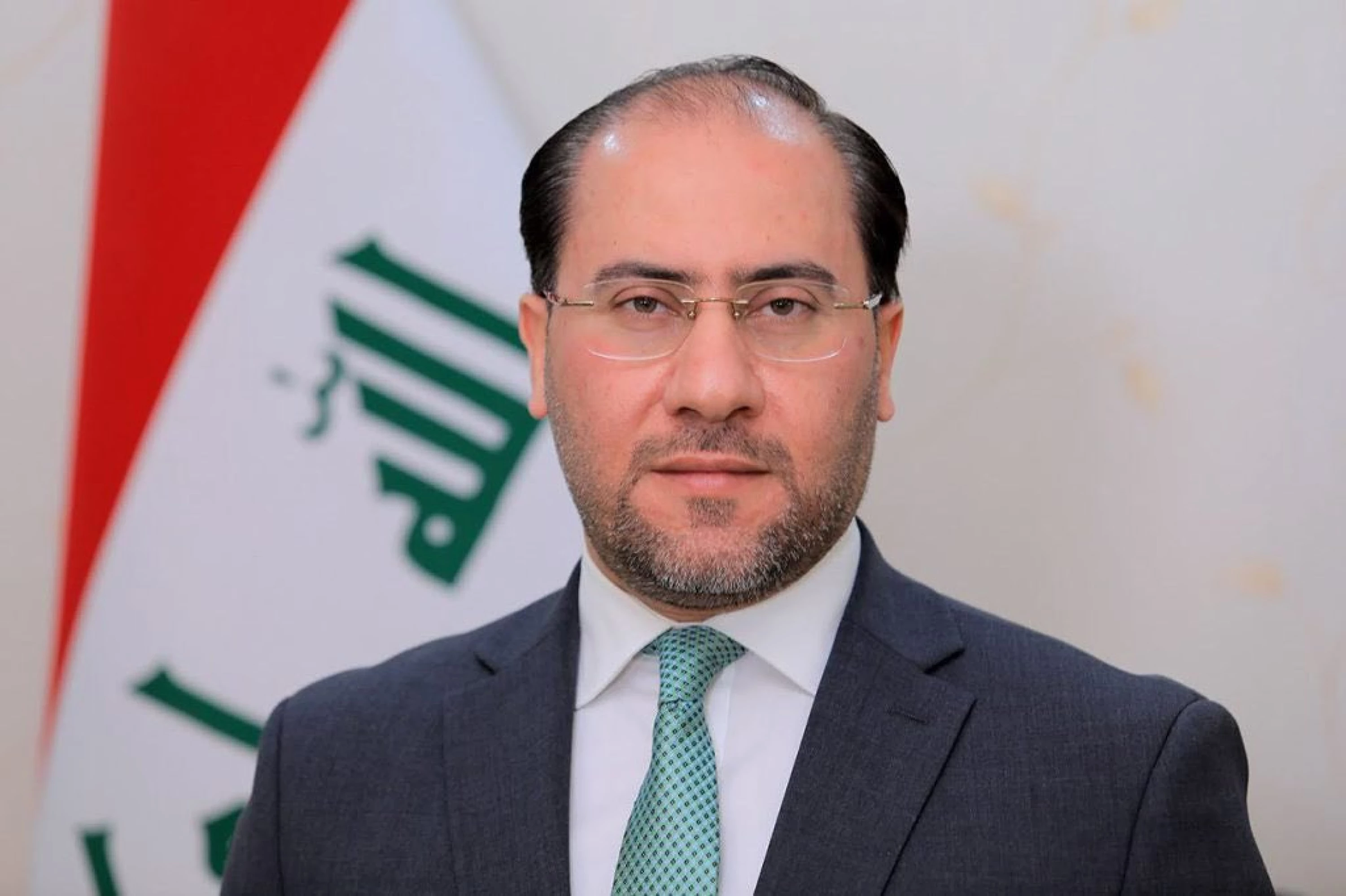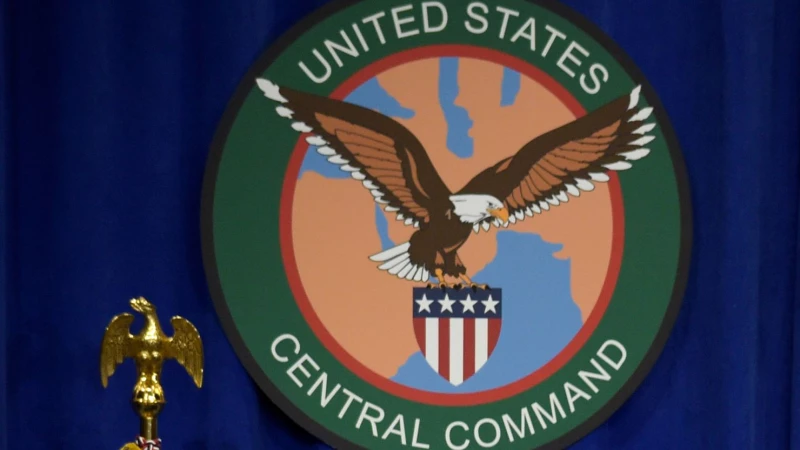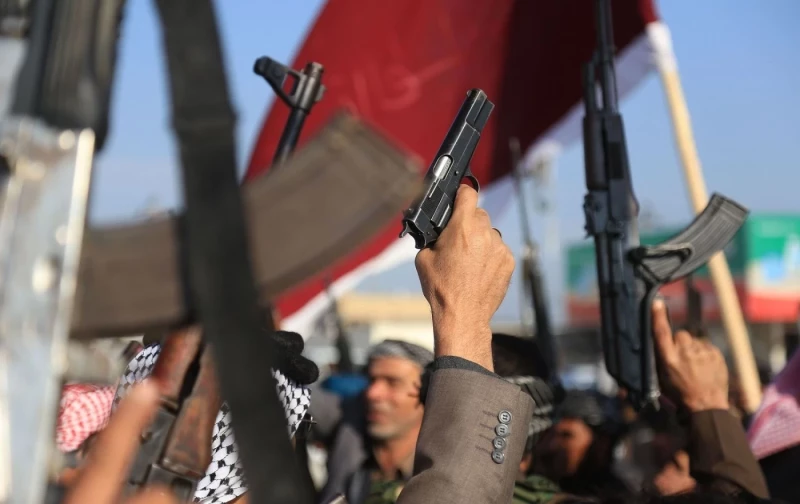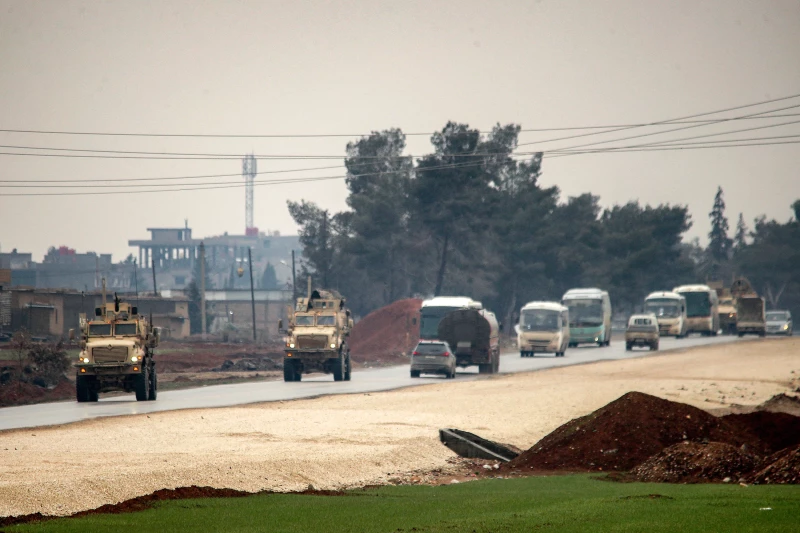ERBIL, Kurdistan Region of Iraq - Iraq’s embassy in Libya announced Saturday that 40 Kurdish migrants from Sulaimani have been returned home from Tripoli to Erbil as part of ongoing efforts to repatriate citizens stranded abroad.
Ahmed al-Sahhaf, Iraq’s charge d’affaires in Tripoli, said in a statement that the group was flown from Libya to Istanbul and then to Erbil. He added that the embassy coordinated closely with Libyan authorities and the Kurdistan Regional Government (KRG) to arrange their safe return.
Sahhaf noted that food, medicine, and travel tickets were provided to the migrants, and that another group of 35 Iraqis is expected to return soon. He said 122 migrants have been repatriated since the embassy reopened on December 23, 2023.
He thanked Libya’s Government of National Unity for its support and praised cooperation with the International Organization for Migration (IOM) and the Tripoli Center for Combating Illegal Migration.
According to Sahhaf, the Iraqi embassy continues to raise awareness about the dangers of human trafficking and smuggling networks.
He stressed that Iraq now offers many opportunities for young people and “is no longer a source of migration.”
In September 2025, the KRG's Department of Foreign Relations announced the return of 25 Kurdish migrants who had been imprisoned in Libya after attempting to illegally cross into Europe.
The migrants, mostly young men, were released after more than 50 days in detention and were repatriated to the Kurdistan Region with the help of Iraq’s embassy in Tripoli and the KRG’s interior ministry, which provided temporary travel documents and flight tickets.
The case highlighted Libya’s role as a main route for illegal migration from Iraq and the Kurdistan Region toward Europe, where many are caught and detained by Libyan authorities.
KRG officials expressed gratitude to Sahhaf and Kurdistan Region Prime Minister Masrour Barzani for their efforts in securing the migrants’ release and safe return.
The Iraqi embassy in Libya said it continues to work on identifying and assisting other Iraqis still held in Libyan detention centers.



 Facebook
Facebook
 LinkedIn
LinkedIn
 Telegram
Telegram
 X
X


